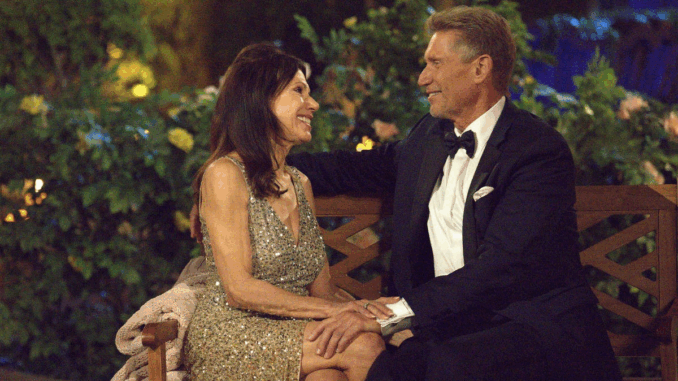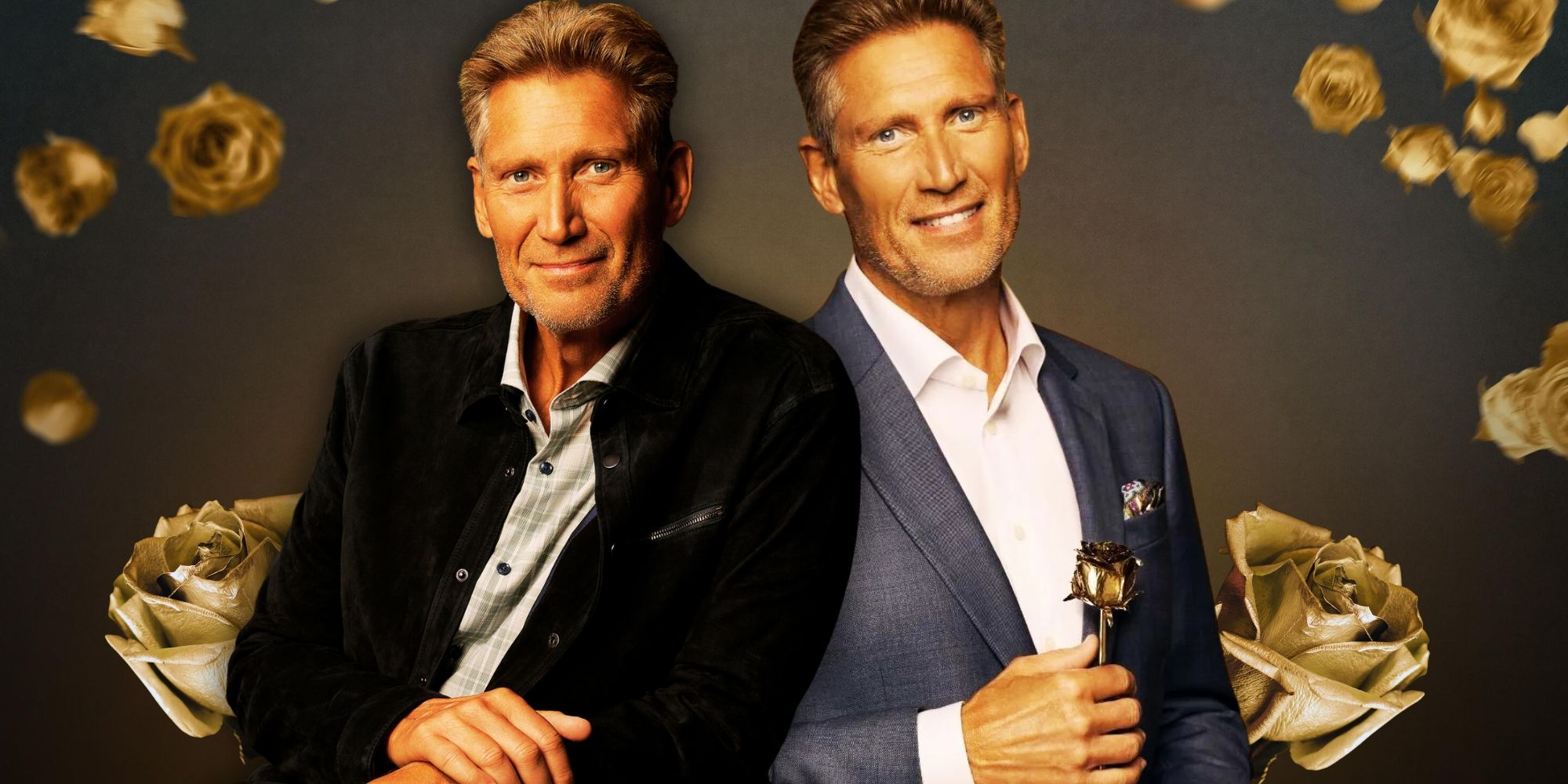
Healing Hearts in Prime Time
When The Golden Bachelor was first announced, many skeptics wondered if a dating show starring seniors could resonate with mainstream audiences. What they didn’t predict was that it would become a therapeutic journey — not just for its cast, but for its viewers. Through tearful goodbyes, touching confessions, and moments of rediscovered joy, the show became a space for emotional closure and new beginnings.
For generations raised to believe that love stories end with marriage and retirement, this show rewrote the script. In doing so, it brought healing to those who never saw themselves represented on screen — and to those who had quietly given up on love.
The Power of Shared Loss
One of the most moving aspects of The Golden Bachelor is its unflinching embrace of loss. Rather than hiding grief behind glitz and glamour, the show centers it. Contestants openly discuss losing spouses, children, or even a sense of self. These aren’t sob stories — they’re life stories, full of both pain and strength.
In an early episode, Gerry sits across from a contestant as she recounts the day her partner passed away. Instead of offering platitudes, he listens — really listens. And then, in a quiet voice, he tells her how he still speaks to his late wife when he needs guidance. It’s a moment that feels almost too intimate for television, yet that vulnerability is exactly what sets the show apart.
These moments don’t just create bonds between Gerry and the women; they invite the audience to grieve, remember, and reflect. Many viewers have commented on how The Golden Bachelor helped them confront unresolved loss in their own lives — something no other reality dating show has dared to touch.
A Safe Space for Mature Love
Love after 60 is rarely shown with dignity in the media. It’s often mocked, minimized, or overlooked entirely. But The Golden Bachelor changes that. It portrays dating in later life not as desperate or comedic, but as courageous and deeply human.
The women on the show are not just “contestants” — they are educators, artists, nurses, and businesswomen. They flirt and cry, yes, but they also reflect on second chances, self-worth, and resilience. One contestant, Ellen, speaks movingly about what it felt like to feel desired again — not in a superficial way, but in a soul-deep sense of being seen.
These are women who’ve built lives, careers, and families. They are not looking to be saved. They’re looking for connection. And perhaps more importantly, they’re ready to be honest — even if it means walking away. When one woman leaves the show early, saying she’s just not ready for a new chapter, the moment is treated with grace, not drama.
Rewriting the Rules of the Rose

The mechanics of The Golden Bachelor remain similar to other entries in the Bachelor franchise: group dates, rose ceremonies, fantasy suites. But here, each interaction carries greater emotional weight. A kiss is not just flirtation; it’s a statement. A rose is not just survival — it’s affirmation that love can bloom again, even after heartbreak.
The fantasy suite episode, often a source of scandal in traditional seasons, is handled with maturity and tact. Gerry speaks to his finalists not about passion, but about compatibility, support, and long-term companionship. The conversation feels more like two people planning a life together than a reality show stunt.
Even the final rose ceremony is laced with gravity. When Gerry makes his choice, it’s not about infatuation — it’s about building a future in the time they have left. And when he says goodbye to the runner-up, it’s done with real sorrow, not reality-TV theatrics.
More Than a Show — A Cultural Shift
What makes The Golden Bachelor truly groundbreaking is how it’s reshaped the cultural conversation around aging and love. Suddenly, networks, media outlets, and audiences are talking about topics like widowhood, dating over 60, and emotional vulnerability — with seriousness and empathy.
It’s also opened the door for future representation. There is now buzz about launching The Golden Bachelorette or spin-offs that center LGBTQ+ seniors or people living with disabilities. The message is clear: love stories don’t have an expiration date.
And for the millions who tuned in — whether widowed, divorced, or simply lonely — The Golden Bachelor became more than just entertainment. It became proof that healing is possible. That closure doesn’t mean forgetting. That love can return, even when you least expect it.
A Legacy in Bloom
In the end, The Golden Bachelor didn’t just give Gerry Turner another shot at love — it gave us all permission to believe that the heart has no age limit. In his quiet strength, his tears, and his hopeful eyes, we saw what it means to love again with your whole being.
And in a world often dominated by youth and speed, Gerry — and the women who bravely joined him — reminded us of something timeless: that sometimes, the greatest love stories are the ones that bloom later in life, weathered by experience and watered by hope.